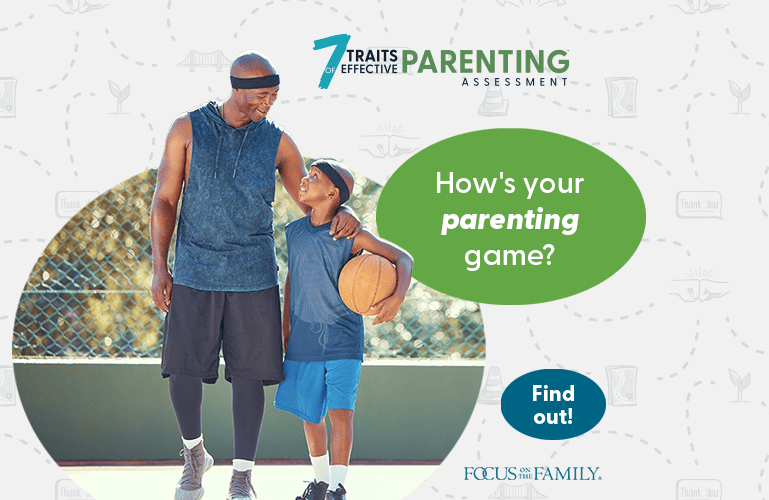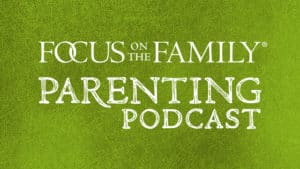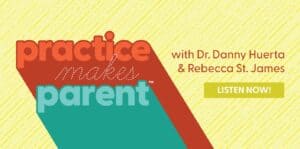Latest in Parenting
Help Prevent Teen Suicide with our FREE Online Training

Scriptures About Beauty and Appearance
Enjoy reading key Scripture verses that relate to appearance and beauty with your child.
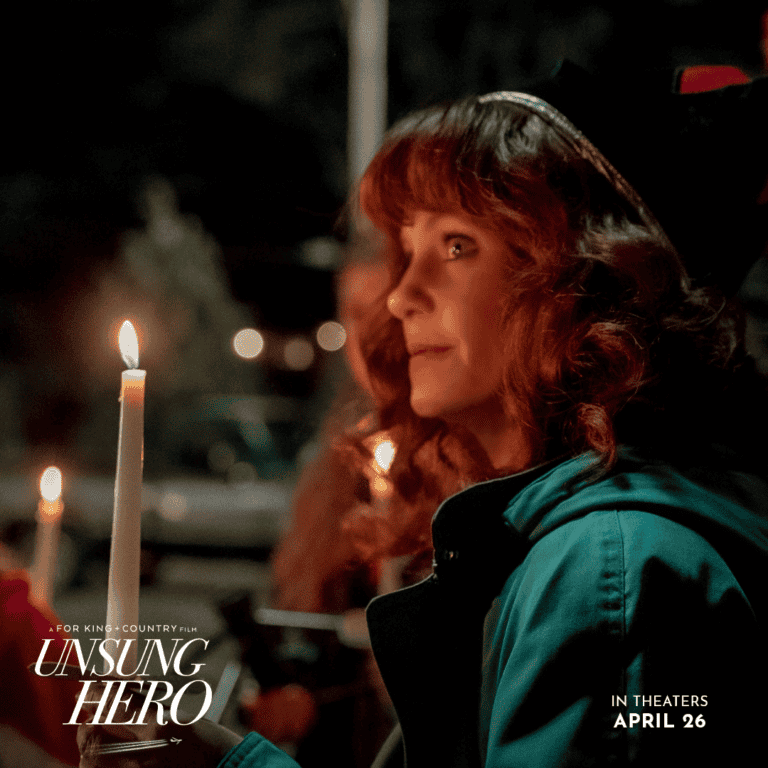
Burn the Ships: Not Looking Back and Learning How to Overcome Disappointment
When we were young boys living in Australia, our dad was a concert promoter. On one particular tour he lost everything – our house, our car, our family’s life savings.
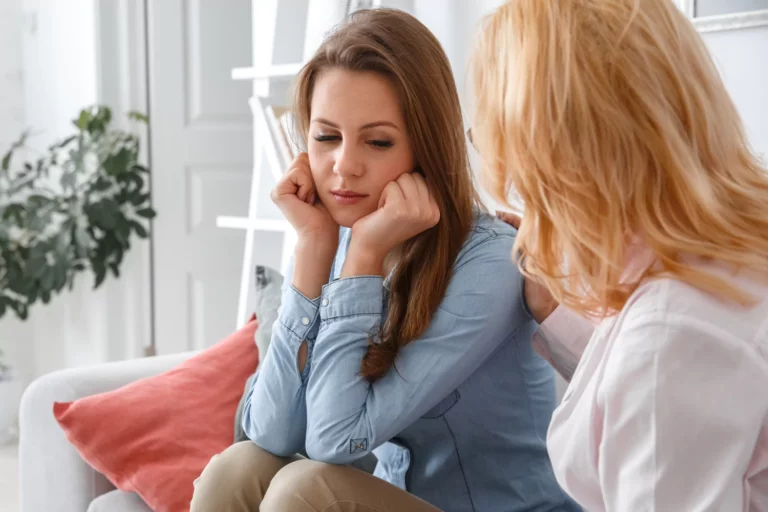
Family Estrangement: 6 Ways to Reconcile with Adult Children
You can move forward after a rift with your adult children by learning new ways to build trust and respect between you and your child.
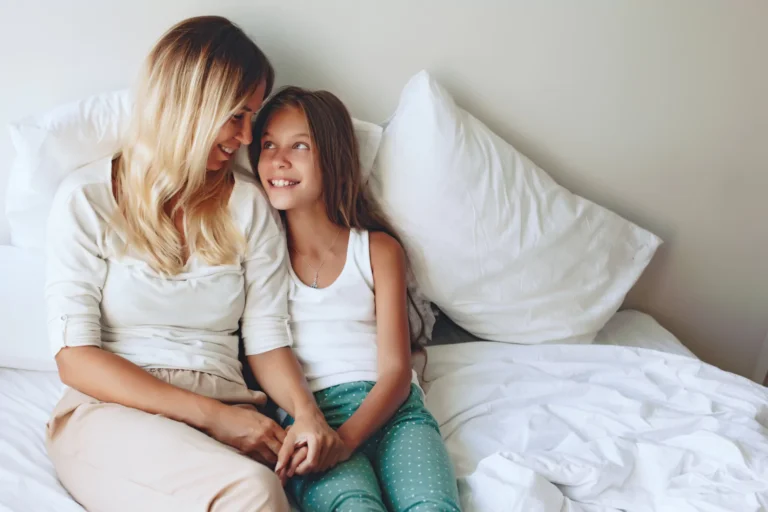
Six Ways to Build Your Teen’s Identity
Try these strategies to counteract culture by helping your teen develop a strong, positive identity.
Parenting Videos
Trending in Parenting
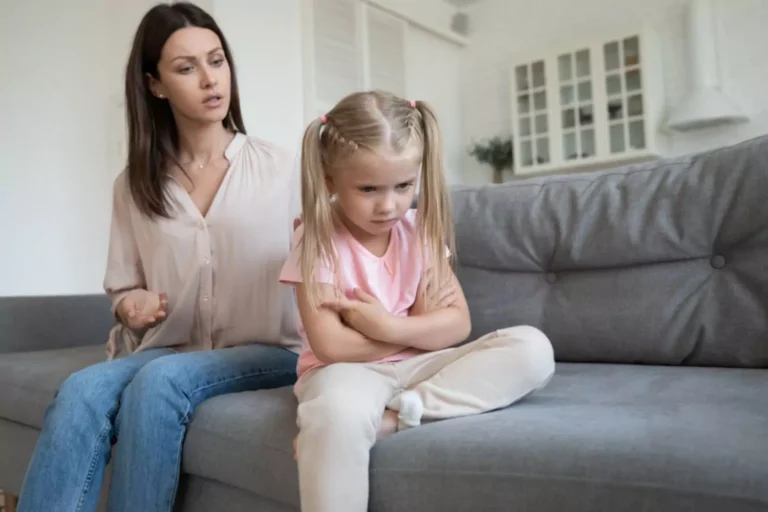
Strong-Willed Women Mothering Strong-Willed Children
If you’re a strong-willed woman, it can be tough to parent a younger version of yourself. But you also have a definite advantage… you know what it’s like to be a strong-willed child.

Confident, Selfless, Grounded: Helping Tween and Teen Daughters Navigate Friendships
A girl grounded in her identity will still feel discouraged when she doesn’t have the relational connections she craves, but a lack of friends won’t define her. And it won’t destroy her. And if she’s practicing confidence and selflessness, the lonely seasons won’t last forever.

How to Raise Strong and Confident Daughters
When your daughter recognizes that you believe in her, she begins to believe in herself, and has confidence to pursue her dreams.
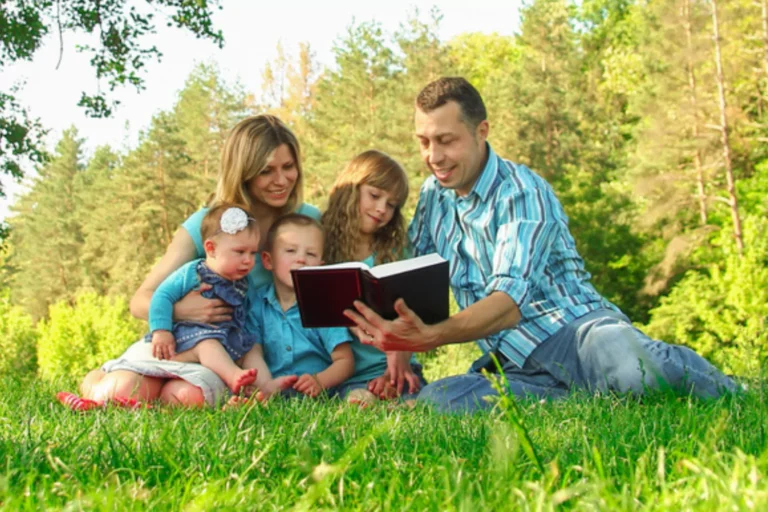
Why Read the Bible Aloud as a Family?
“Until I come, devote yourself to the public reading of Scripture, to exhortation, to teaching.” —1 Timothy 4:13










